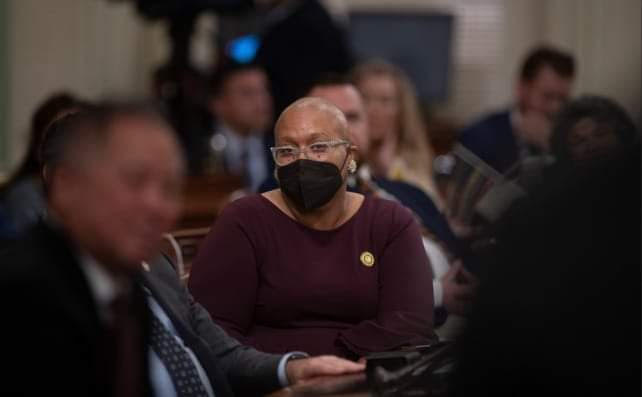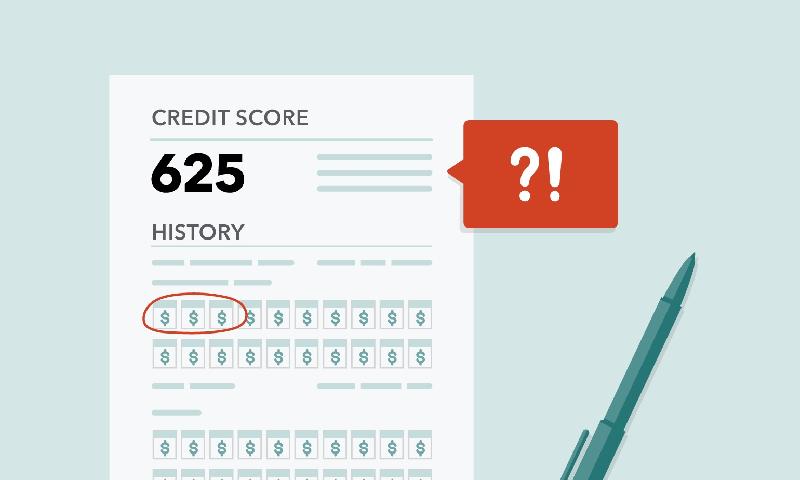There is no denying that banks are big business, and no matter how personal your banking situation is, there are things your bank is just not telling you. Like any business, there are “trade secrets” that banks simply do not disclose.
These “secrets” are sometimes innocuous bits of information like ATM customers will spend about 25% more at a convenience store. Sometimes they are not innocuous and not really secrets but something that is not talked about.
Credit And Your Estate
One of the things that your bank likely does not bring up is how credit affects your estate. Everyone should update their estate plan at least every five years in the absence of any life events like moving from one state to another or a marriage. Unfortunately, many people do not.
A lot of people think that their credit card debt dies with them, but it does not. Your bank will not likely tell you that when you die your debt remains alive. There are a few different scenarios concerning credit card debt and death that you should understand.
Joint Accounts
Banks are a business, always keep that in mind. While your bank may feel bad about your passing, they will not feel bad about going after a joint holder on your credit line account. Whoever is listed on a joint account after your passing becomes responsible for the debt.
Additionally, any joint owners of your credit accounts will have many hoops to jump through if they wish to maintain the account. It is important that credit is addressed in your estate planning. As 30% of Americans don’t have good credit, it is critical you make sure that is addressed.
Co-Signors
If you have co-signors on any of your debt, they become responsible for the debt after you pass. Co-signors are treated as if you defaulted on your payments. They take sole responsibility for the debt.
Individual Accounts
If you have credit card debt left when you pass away, and it is an individual account, the debt still needs to be paid. However, a single individual will not be responsible for your debt. For example, your spouse will not have to take on personal responsibility.
Your estate is responsible for any outstanding credit. Banks are a business, they may feel terrible that you passed away, but they will still aggressively seek to collect the debt from the estate. Whoever is administering your estate will notify your creditors that you have died.
The creditors have X amount of time to file a claim for collecting the debt with the estate. If they miss the deadline, they do not get paid, but rarely does a business miss a deadline to collect money.
What if My Estate Does Not Have Enough Money To Pay Out All The Debt?
In cases where the funding is limited and there are more creditors than cash, the payments can be made on a first come first serve basis, or the probate court can step in and make decisions. In most cases, once the estate is drained of money, the remaining debt cannot be collected.
Of course, if there are joint holders on the accounts, and the estate cannot finish making payments, those co-owners will be held liable for those payments.
Estate Planning is a Must
You do not have to be a business owner or very wealthy to plan your estate. You just need the drive to protect your loved ones from financial hardship when you are no longer here to protect them. Estate planning can include planning for credit matters and more.
Plan your estate and have peace of mind, for your family’s resulting future insurance score and your legacy.




